Under the customs procedure is meant a set of conditions and requirements, the procedure for using the relevant duties, tax fees, prohibitions on goods, as well as their status for customs purposes. This definition is spelled out in Art. 4 TC TC. Directly about their types is mentioned in Art. 202 TC TC. It is about them that we will discuss in the next article.
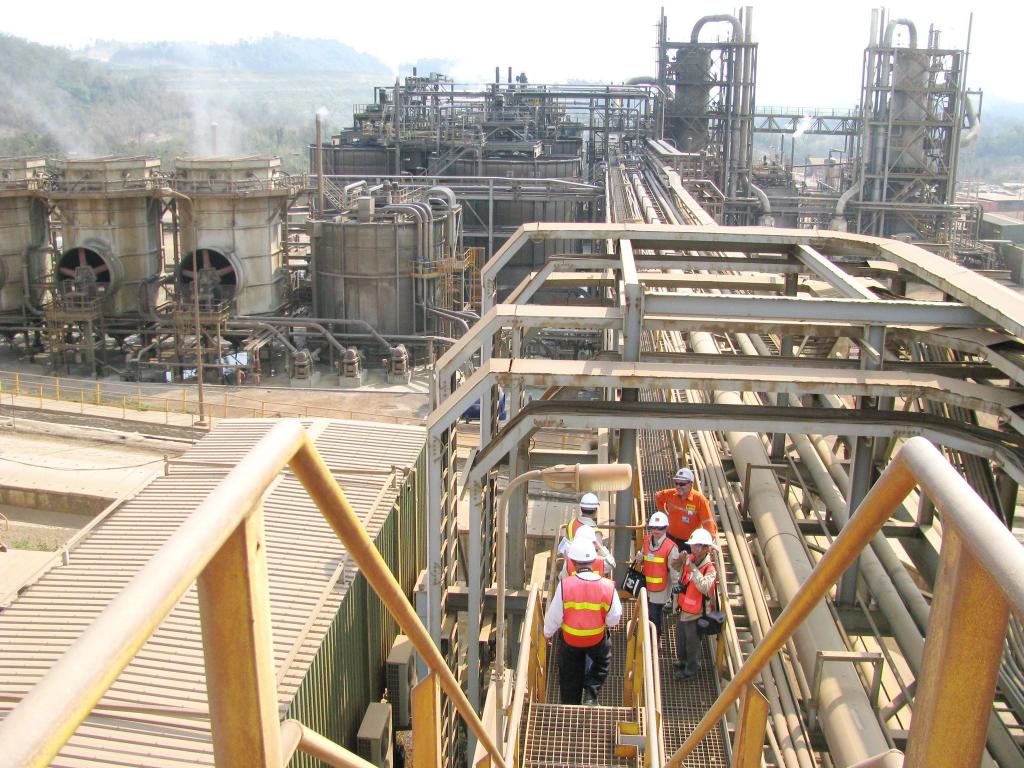
Goals and types
Due to the placement of goods under various procedures carried out at customs, the following objectives are determined:
- The procedure for transporting goods across the border, depending on the destination.
- Conditions for its location and acceptable use.
- Rights and obligations of the beneficiary.
The law provides for such types of customs procedures as:
- Export.
- Release for consumption (domestic).
- Transit.
- Stock.
- Processing in the customs territory.
- Processing outside the customs territory.
- Reimport.
- Re-export.
- Temporary export.
- Duty-free trade.
- Tolerance
- Destruction.
- Customs free zone.
- Free warehouse.
- Refusal in favor of the state.
- Special procedure at customs.
Consider the main characteristics of some of them individually.
Release for consumption (domestic)
The relevant information is presented in Sec. 30 TC TC and Ch. 17 of the Law "On Customs Regulation in the Russian Federation and on Amending Certain Acts" No. 289-ФЗ (hereinafter - Law No. 289-ФЗ). An issue for domestic consumption is understood as a procedure under which goods of foreign production are placed and which is applied at customs without any restrictions.
Features of customs procedures are the presence of conditions such as:
- Payment upon import of duties, tax fees, in the event that these or other exemptions are not provided.
- Compliance with established restrictions and prohibitions.
- Availability of documentary information confirming the fact of compliance with restrictions when using protective, countervailing and anti-dumping measures.
- When goods are placed under this procedure by the customs of the states that are members of the CU, importation into Russia does not provide for a corresponding re-placement.
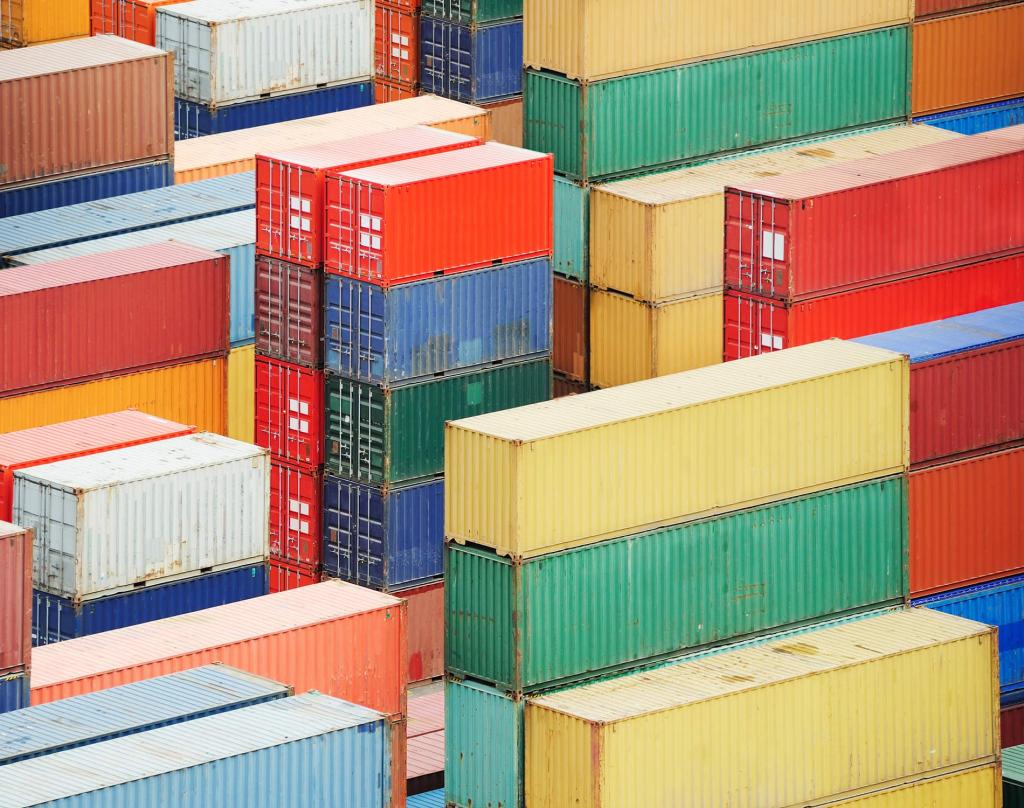
The declarant shall pay duties, tax fees regarding goods placed under the appropriate procedure from the beginning of registration by the customs of the declaration submitted to him. This obligation is fulfilled in the following cases:
- When debiting money from the payer's account, including funds aimed at paying duties and tax fees through the use of ATMs and terminals.
- When making money at the cash desk at customs or when paying cash through ATMs and terminals.
- When set off against the payment of duties and tax fees, excessively paid and collected funds for duties and tax fees. If the set-off is carried out at the initiative of the payer, then upon receipt of the set-off order by customs.
- When set off against the payment of duties, taxes, advances or collateral.If the set-off is carried out at the initiative of the payer, then upon receipt of the set-off order by customs.
- When set off against the payment of duties, tax fees that are paid by a bank or other credit, as well as an insurance company according to a bank guarantee or a guarantor in accordance with the relevant agreement.
- When crediting money to the account, if payments were recovered from goods for which neither duties nor tax fees were paid, as well as at the expense of property collateral of the payer of duties and tax fees.
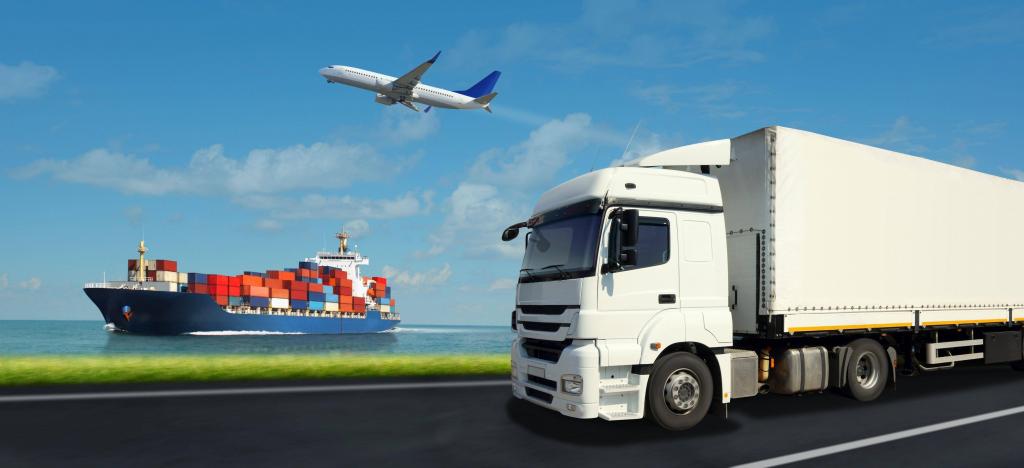
Export
This is described in detail in Sec. 31 TC TC and Ch. 18 of Law No. 289-FZ. Under the customs procedure for exporting goods is understood the procedure, which consists in the fact that the products of the vehicle are exported outside the territory of the vehicle with a view to their further presence there on an ongoing basis. The law allows the placement under this procedure of those goods that had previously been placed for temporary export or processing outside the customs territory without presenting them. Release of products for which export duties are not used is carried out within 4 hours after the registration of the declaration, if the necessary documents were submitted at the same time.
Transit
Information on this procedure is contained in chap. 32 TC TC and Ch. 19 of Law No. 289-FZ. Customs transit means the procedure in which goods are transported under the control of customs, as well as through the territory of a country that is not a member of the Customs Union, from the departure authority (customs) to the appropriate destination authority without paying duties or fees. In addition to measures used in the procedure of technical and non-tariff settlement.
The period of customs transit is set by the customs at departure according to the standard transportation period, taking into account the type and possibilities of transport, route, other transportation conditions, as well as the working time of the driver, but not exceeding the deadline. This period is two thousand kilometers in one month.
customs warehouse
The legal framework is laid down in Ch. 33 TC TC and Ch. 20 of Law No. 289-FZ. A customs warehouse is a procedure during which goods of foreign origin are stored under customs control for a certain period without levying duties, tax fees and without involving non-tariff settlement measures. In this case, different products may apply, except for the following:
- Those whose shelf life or sales is less than 180 days.
- Those listed in the decision of the CU Commission.
Under the customs warehouse may be placed goods that were previously under other procedures at customs. It may also be products of overseas production, which are placed in a warehouse with the aim of suspending action under another procedure no later than 180 days before the end of the relevant period.
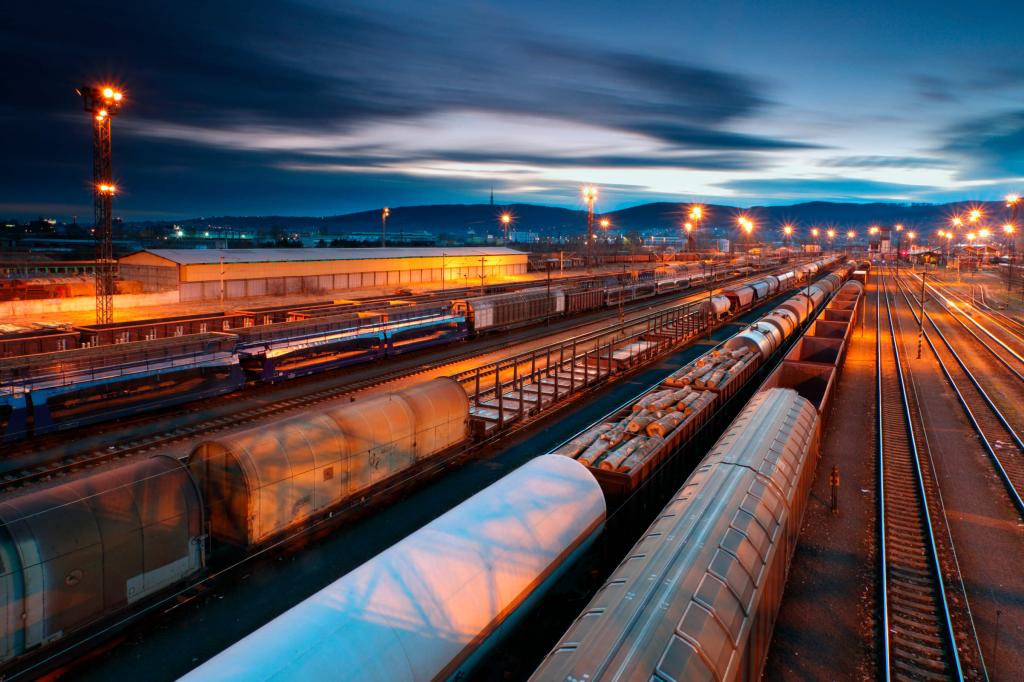
Processing at customs
You can learn about this procedure from Ch. 34 TC TC and Ch. 21 of Law No. 289-FZ. The customs procedure of processing in the customs territory is a process where goods of foreign origin are used to carry out processing operations in the customs territory of the Customs Union at certain times with conditional exemption from duties, tax fees and without special regulation measures for the purpose of further export of processed products.
The period during which it is necessary to process the goods shall be determined by the person who received the relevant permission. But it can not exceed 3 years. The specific period is agreed with customs when considering an application for processing permission.
Processing outside the customs territory
The legal framework is contained in Ch. 35 TC TC and Ch. 22 of Law No. 289-FZ. This processing is a procedure which consists in the fact that the goods of the vehicle are exported from the customs territory for processing operations during a certain period upon exemption from duties and without measures of non-tariff regulation in order to further import the processed products to the customs territory of the vehicle.The maximum period provided for processing is 2 years.
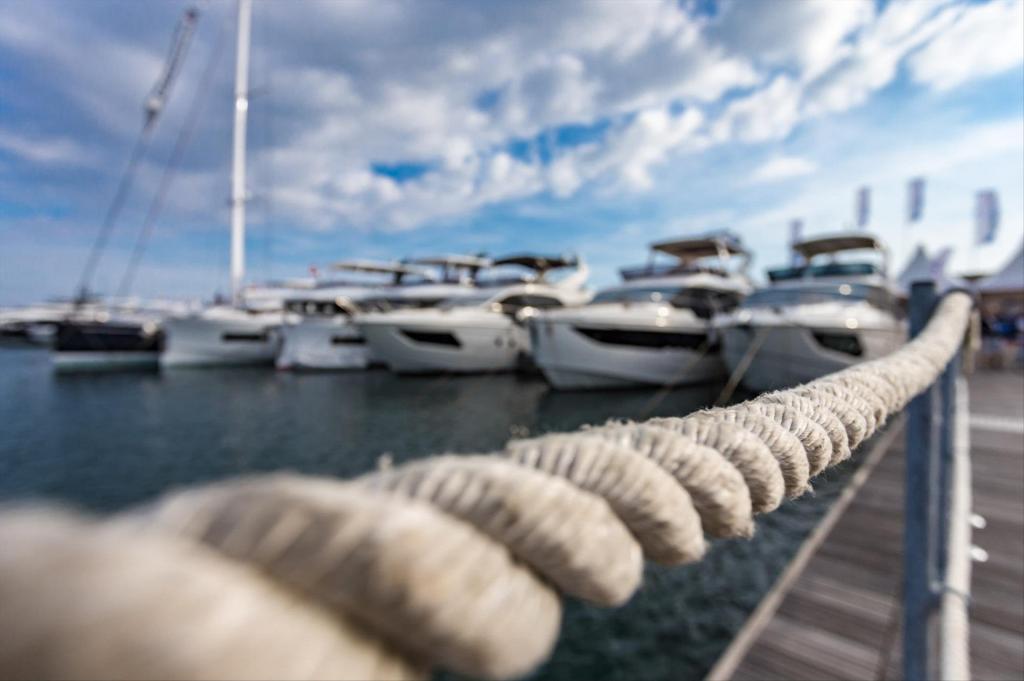
Tolerance
Information on temporary importation can be found in chap. 37 TC TC and Ch. 26 of Law No. 289-FZ. It is understood as a procedure when goods of foreign production are used at customs for a certain period of time with full, partial or conditional exemption from payment of duties, tax fees and without special regulation measures with their subsequent placement under re-export. The period of temporary importation is provided by customs on the basis of the submitted declaration and pursued goals. But he can not be more than two years.
Temporary export
The legal framework is contained in Ch. 38 TC TC and Ch. 27 of Law No. 289-FZ. Temporary exportation means the procedure that the products of the vehicle are exported and used for a certain period outside the vehicle, with exemption from payment of duties, as well as without special regulation with a view to further placement for re-import.
Reimport
Information on re-importation is contained in chap. 39 TC TC and Ch. 28 of Law No. 289-FZ. Under this procedure, goods previously exported from the customs of the Customs Union are again imported there during the period provided for by the Customs Code and without payment of duties, tax fees, or without the use of special settlement measures.
Re-export
Information on this is provided for in Sec. 40 TC TC and Ch. 29 of Law No. 289-FZ. Re-export means a procedure carried out at customs, where goods that were previously imported into it or products after processing of goods are exported from this territory without charging an additional fee or with the return of the amount of duties, tax fees paid upon import.
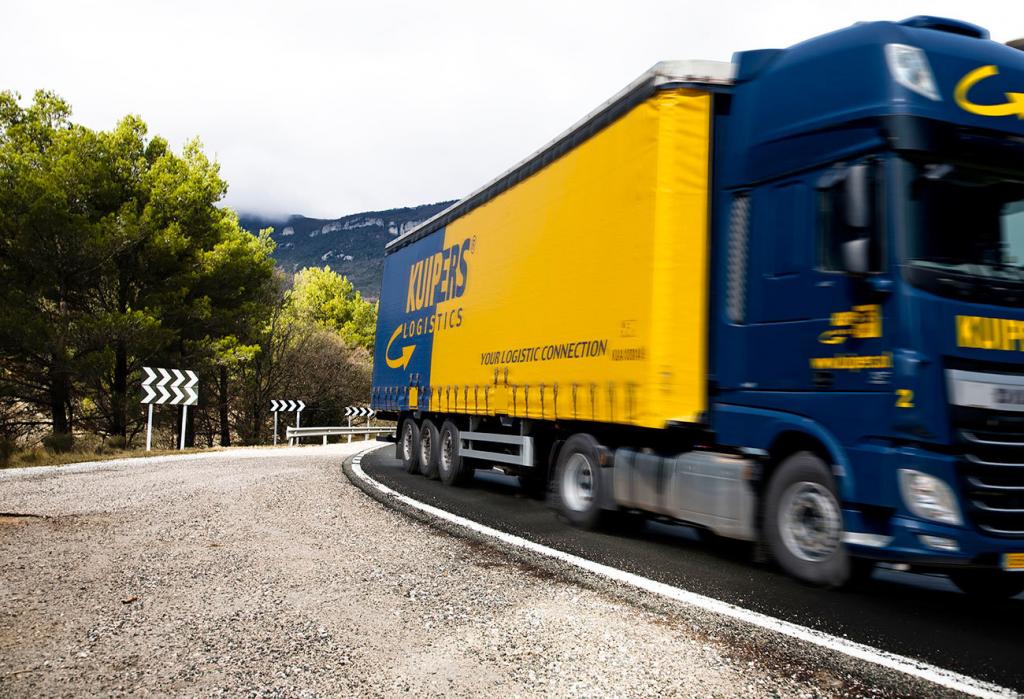
Duty Free Trading
The legal basis for this type of customs procedure is laid down in Ch. 41 TC TC, as well as Ch. 30 of Law No. 289-FZ. Duty-free trading refers to the corresponding procedure when goods are sold at retail in duty-free shops to individuals who travel outside the territory of the Customs Union without paying duties, tax fees and the use of special regulation measures.
Destruction
The legal framework is presented by ch. 42 TC TC, as well as Ch. 31 of Law No. 289-FZ. Destruction is understood as the procedure which consists in the fact that goods of foreign production are destroyed without paying duties, tax fees and the application of special regulation measures under the supervision of the customs authority.
Denial in favor of the state
Information about the refusal in favor of the state can be found in Sec. 43 TC TC and Ch. 32 of Law No. 289-FZ. This is the procedure, which consists in the fact that goods of foreign origin are transferred to the ownership of the state, which is a member of the Customs Union at no cost, as well as without payment of duties, tax fees and non-tariff regulatory measures. In this case, the former owner is legally liable for the goods provided.
Special procedure at customs
Information on this is indicated in Sec. 33 of Law No. 289-FZ. This procedure determines the conditions and requirements for the use and disposal of certain goods, which are provided for by the CU Commission. They are imported and exported without applying duties, taxes, or non-tariff settlement measures.

Conclusion
Knowledge of the specifics of various types of customs procedures contributes to the successful implementation of any foreign trade commercial operations. Without this, it is impossible to even fill out a declaration and calculate the exact amount of established payments. Therefore, before making the relevant transaction, you should carefully study these provisions of the legislation on customs and familiarize yourself with the conditions and requirements stipulated by the selected type of customs procedure.









